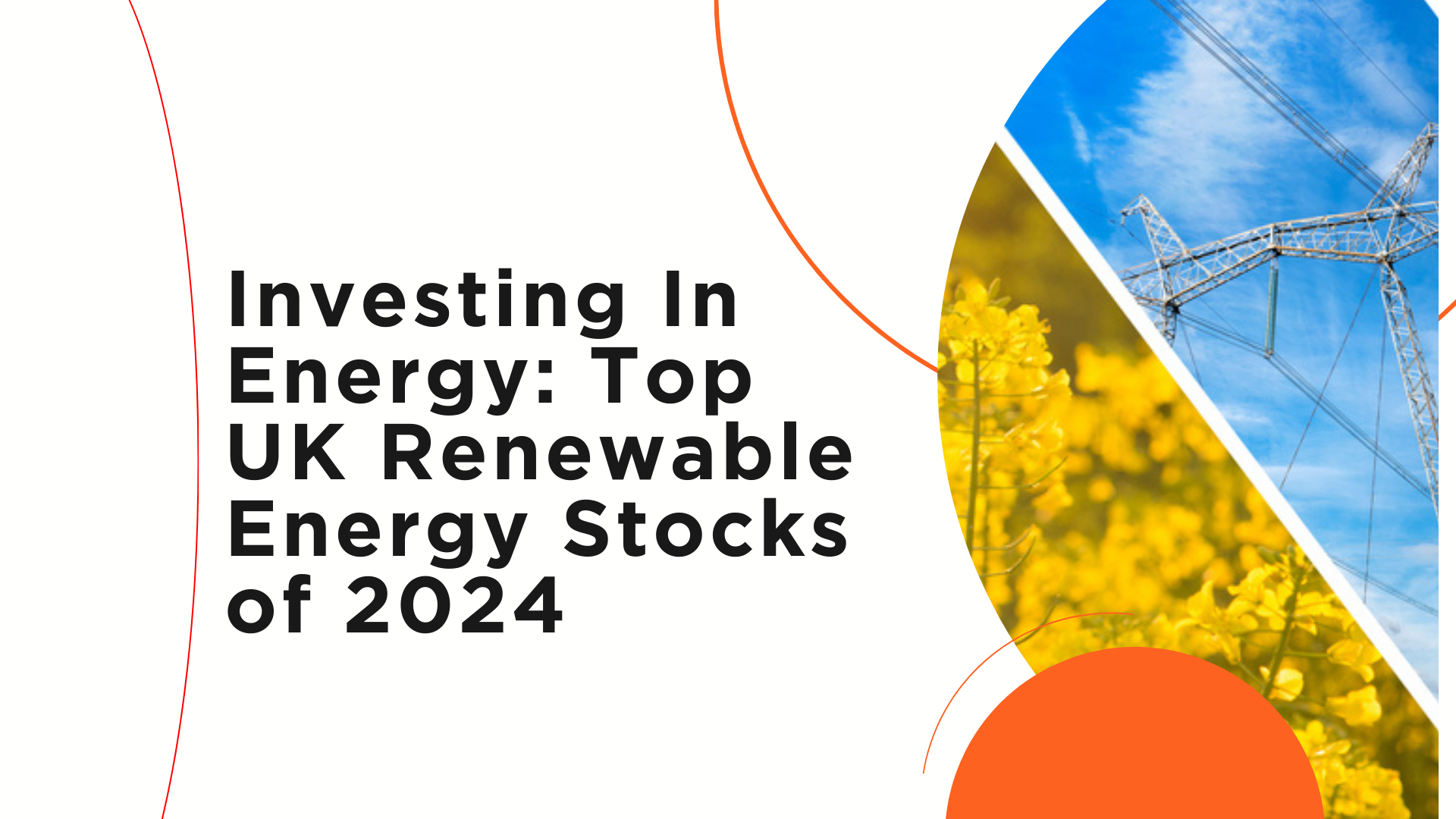As the world pivots towards more sustainable practices, the demand for renewable energy sources has surged, attracting both governmental support and private investment. This document will explore the various types of renewable energy, how to start investing in this sector with Anzon Energy, and the projected future growth.
What are the Different Types of Renewable Energy?
Renewable energy comprises several types of energy obtained from naturally replenishing sources. The most prominent types include:
1. Solar Energy
Solar energy harnesses sunlight through photovoltaic (PV) cells or solar thermal systems to generate electricity or heat. It has grown rapidly due to decreasing installation costs and government incentives.
2. Wind Energy
Wind energy utilizes large turbines to convert wind kinetic energy into electricity. With offshore and onshore wind farms leading the charge, wind energy has become one of the most cost-effective renewable sources available.
3. Hydropower
Hydropower generates electricity by harnessing the flow of water in rivers and dams. It remains one of the most established forms of renewable energy, contributing significantly to global electricity production.
4. Bioenergy
Bioenergy is produced from organic materials like plant and animal waste. Biofuels such as biodiesel and ethanol, along with biogas, are derived from this energy source and can be used for heat, electricity, and transportation.
5. Geothermal Energy
Geothermal energy taps into the Earth’s internal heat to generate electricity or provide direct heating solutions. It is particularly beneficial in tectonically active regions where geothermal resources are readily available.
6. Tidal and Wave Energy
These forms exploit the movement of water caused by tides and waves. While still in early stages of commercial development, they present vast potential, especially in coastal regions.
How Do You Start Investing in Renewable Energy?
Investing in renewable energy can take various forms, from financing large-scale projects to purchasing shares in renewable energy companies. Here are some pathways to consider:
1. Stocks and ETFs
Investing in publicly traded companies that focus on renewable energy technologies can be a straightforward entry point. Exchange-traded funds (ETFs) that focus on renewable energy groups can offer diversified exposure, minimizing risk.
2. Green Bonds
Green bonds are fixed-income securities specifically earmarked to fund projects that have a positive environmental impact. Investors can consider these bonds as a way to support renewable initiatives while earning interest.
3. Mutual Funds
Invest in mutual funds that allocate a portion of their portfolio to renewable energy. This can be an attractive option for those who prefer a managed approach to investing without needing extensive industry knowledge.
4. Direct Investment in Projects
For accredited investors or those with a keen interest in sustainability, direct investment in renewable energy projects (like solar farms or wind farms) may offer appealing returns, often through crowdfunding platforms.
5. Real Estate
Consider investments in real estate projects that incorporate renewable energy systems, such as solar panels. This not only increases property value but can also yield positive cash flow through energy cost savings.
6. Start a Renewable Energy Business
Entrepreneurs can explore starting their own venture within the renewable energy sector, focusing on installation, maintenance, or innovation within sustainable technologies.
What is the Future Growth of the Sector?
The renewable energy sector is poised for continued growth, driven by technological advancements, climate change imperatives, and evolving consumer preferences.
1. Rapid Market Growth
According to multiple industry reports, global renewable energy capacity is expected to grow significantly in the coming decade. The International Energy Agency (IEA) has forecasted that renewables will account for nearly 70% of total capacity additions in electricity generation by 2025.
2. Policy Support
Government policies worldwide are increasingly favouring renewable energy investments, focusing on emission reductions and energy transition goals. Congressional actions, like the U.S. Infrastructure Investment and Jobs Act and similar efforts in other nations, are designed to bolster investments in renewable projects.
3. Technological Advancements
Continued innovation in renewable technologies will enhance efficiency and lower costs. Developments in battery storage, grid integration, and sustainable hydrogen production will significantly influence the sector’s growth trajectory.
4. Investment in Infrastructure
Investment in renewable energy infrastructure, including smart grids and charging stations for electric vehicles, will be crucial for supporting the uptake of renewables and increasing efficiency.
5. Corporate Sustainability Goals
As companies face pressure from consumers and shareholders to reduce carbon footprints, many are committing to sustainability goals that include significant investments in renewable energy resources.
6. Public Awareness and Acceptance
Public awareness around climate change and the benefits of renewable energy continues to grow, leading more individuals and businesses to seek out sustainable energy solutions.
Conclusion
Renewable energy investments have proven to be a significant and growing sector in the global economy. With diverse energy sources and numerous investment pathways, individuals and organizations alike can contribute to a sustainable future while potentially benefitting financially. As we advance, the synergy between technological innovation, effective policy frameworks, and increasing environmental commitment will shape the renewable energy landscape, ushering in cleaner and more sustainable energy solutions.

Josh Hutcherson is an accomplished economical writer and the editor of a leading investment blog, where he shares insightful analyses and strategies to help readers navigate the financial landscape. With a background in economics and a passion for demystifying complex investment concepts, Josh has built a reputation for delivering clear, concise, and actionable content. His writing not only educates but also empowers individuals to make informed decisions about their financial futures. Through his engaging style and expert insights, Josh has cultivated a dedicated following of readers who appreciate his ability to simplify the intricacies of investing and personal finance. When he’s not writing, Josh enjoys exploring emerging market trends and engaging with the investment community to stay ahead in the ever-evolving world of finance.




